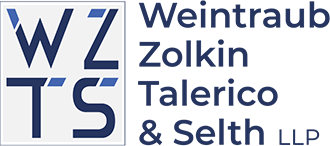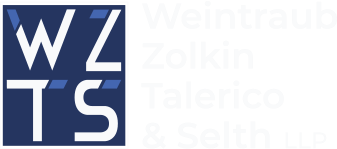There are many different ways that creditors can attempt to collect on outstanding debt. Here are some of the ways they can collect on unsecured business debts.
Collection Agency
The common first step to recover money owed after months of non-payment is turning the debt case over to a collection agency. Another chance is that your creditor will write off the unpaid amount as a business loss.
Court Ordered
If a creditor wins a judgment against you in court, you can pay the assessment, or the creditor will get a court order for the sheriff to collect assets to pay it.
Judgment Lien
Another way for a creditor to collect on an unsecured debt is to place a judgment lien on any real estate you own. The lien will eventually get settled when you sell or refinance the property.
Wage Garnishment
If you are an employee of your corporation, your wages can be garnished to help satisfy the debt. Remember that in a community property state such as California, your spouse’s wages can also get garnished to help pay off your debt.
Judgment Proof
If there is little to no equity in the business property that you own, and your enterprise brings in little to no money, your creditors may not go to the trouble to sue you because they know they will not recover their costs.
Statute of Limitations
Some of your debt may become uncollectible due to a statute of limitations. The amount of time a creditor has to initiate bill collection varies from state to state.
Property You Can Keep
• Tax-deferred retirement savings
• A limited amount of equity in a car and your house
• Furniture and clothing
• Some business equipment and tools
Bankruptcy
Depending on your situation, bankruptcy may be the best way to get rid of a large load of unsecured debt. Consulting with a professional that is knowledgeable and experienced in helping businesses handle their debts is a great first step when crafting a strategy to deal with your business obligations.

